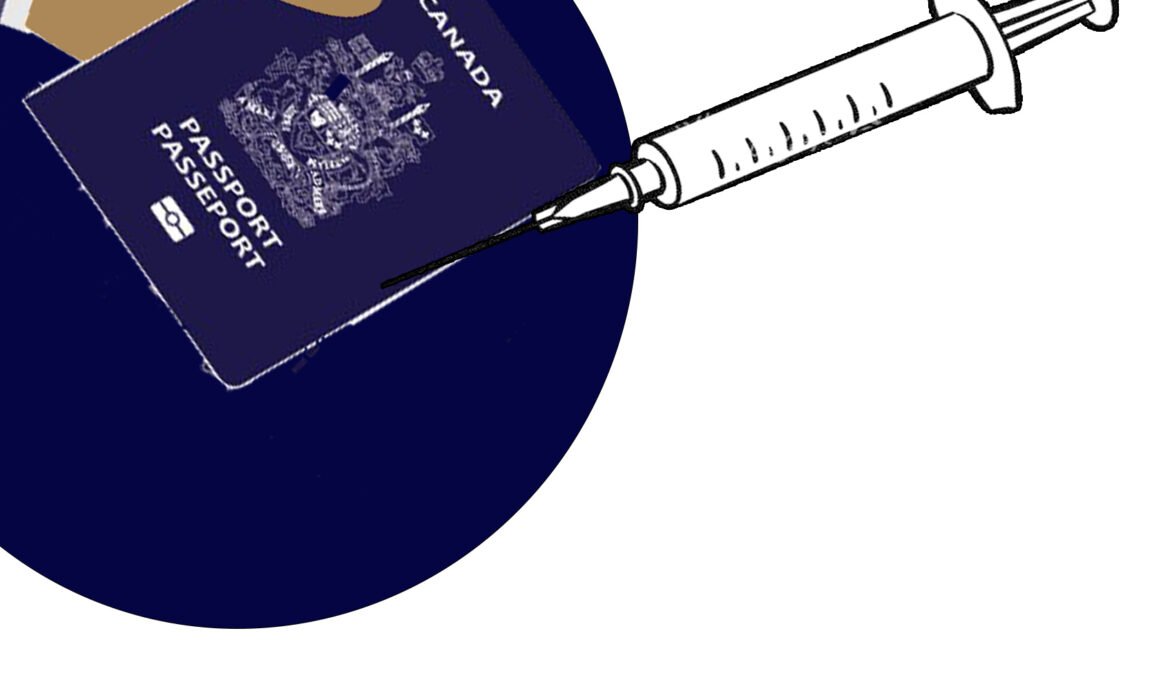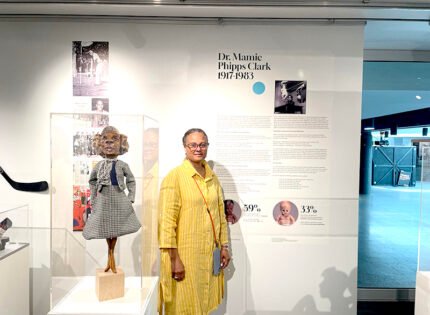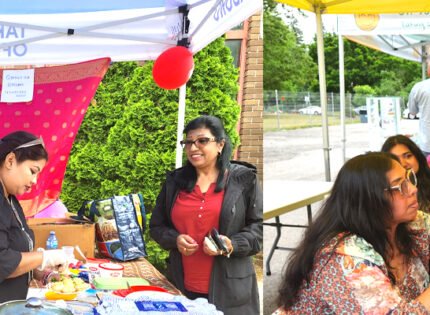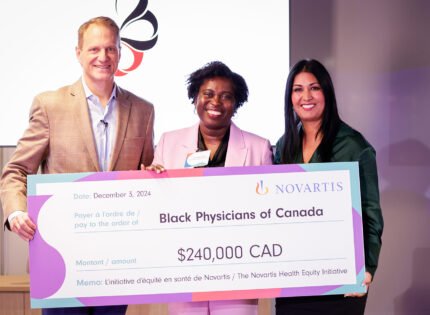In the coming weeks, Quebecers will have to show a document proving they are fully vaccinated in order to visit what are considered to be non-essential businesses and participate in certain activities.
Starting September 1, a vaccine passport, as it’s been dubbed, will be required to partake in what the government calls high-risk activities, such as going to the gym, a restaurant, or playing team sports, as well as for those who want to do moderate-to-low-risk activities where many people will be in attendance, such as going to festivals or sporting events.
The passport will be available through a free mobile phone application or paper proof of vaccination for those who don’t have smartphones.
“The idea is for us to only allow people with the passport to access these services as of Sept. 1, instead of closing them,” Health Minister Christian Dubé said.
The passport will only confirm a person’s level of protection against COVID-19. It will not show personal information or information about medical or vaccination history.
It won’t be required to access essential services such as education, and employers will not be able to make having one a condition to be hired. Retail stores will not have to enforce them either, for now, the health minister said.
The document is the latest in the province’s attempts to encourage people to get vaccinated to curb the fourth wave of infection, which experts believe has begun. Cases have spiked across much of the country, including in Quebec, in recent weeks.
The day after the vaccine passport initiative was announced, more than 11,000 people in Quebec made an appointment for their first dose — double the previous day’s number. As of August 12, 72 per cent of eligible Quebecers are fully vaccinated. The province hopes to increase that number to 80 per cent by September 1.
Soon after Quebec’s announcement, the federal government announced it will provide a similar document for Canadians wanting to travel internationally. It is expected to be available in early fall.
Quebec Vaccine Passport is here as of Sept. 1
















